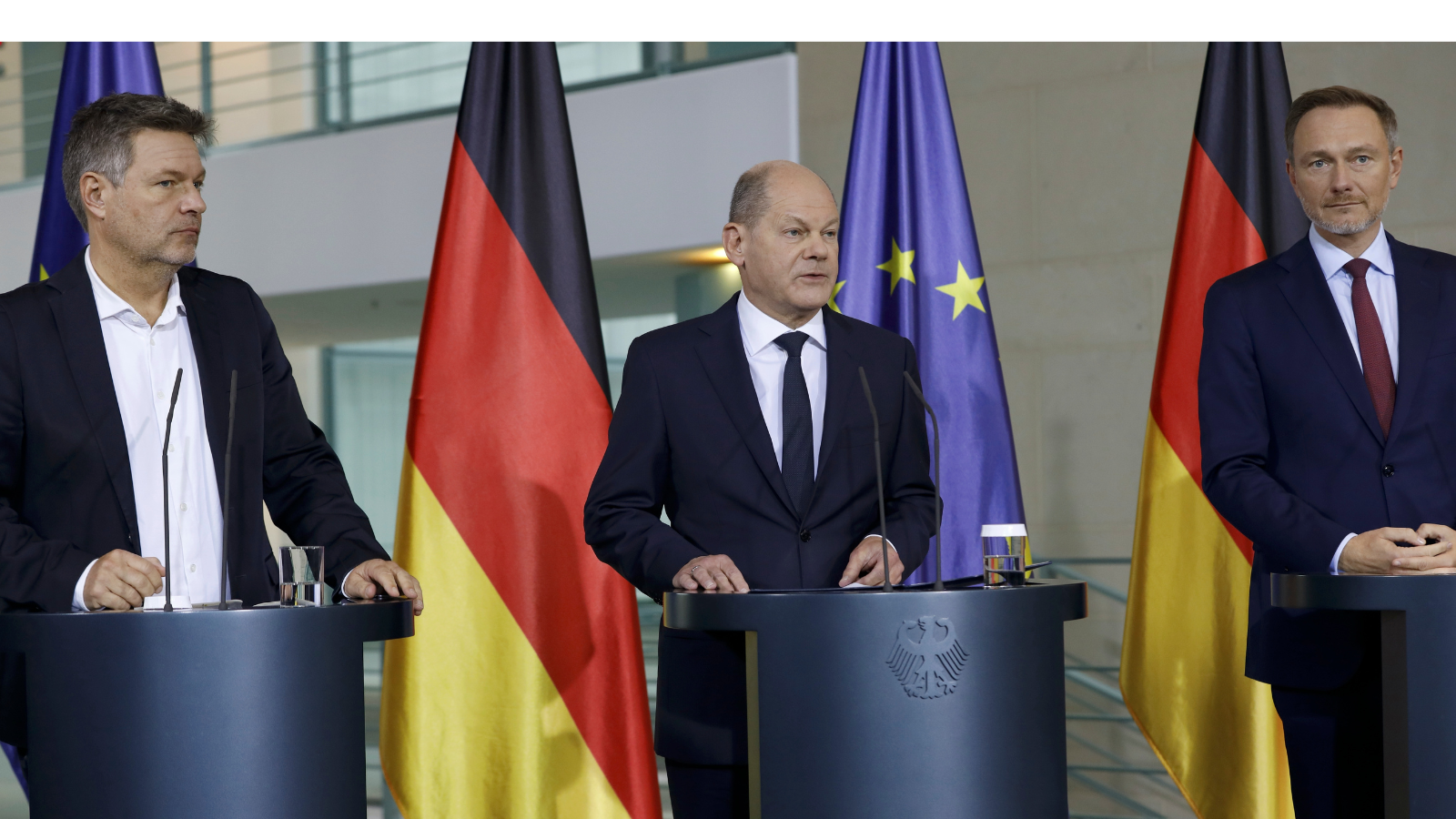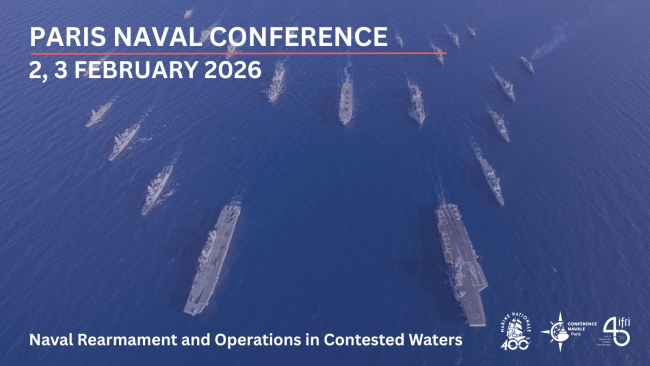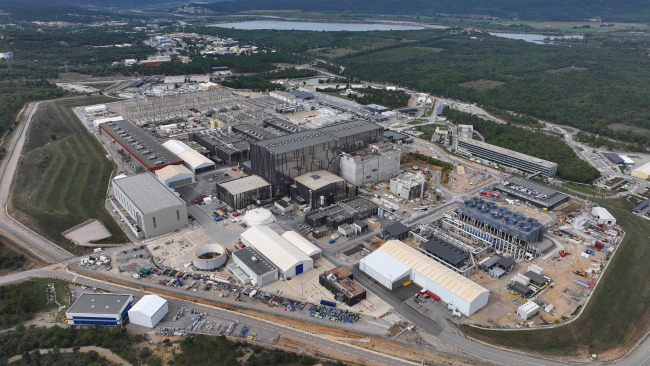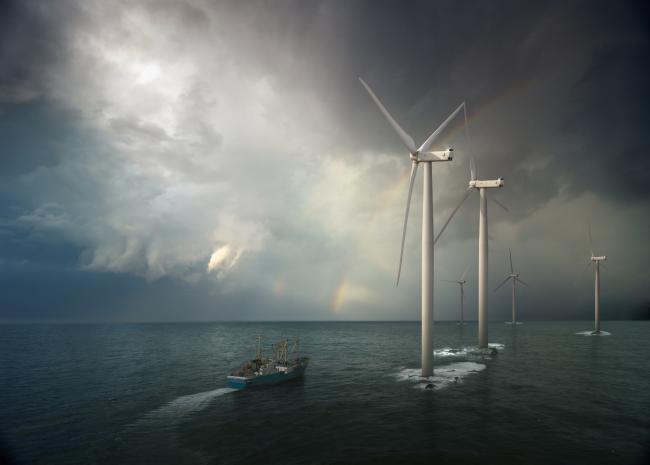Germany’s Ampel coalition and the energy crises: any Zeitenwende or more of the same?

Practical information
Themes and regions
Related centers and programs
This is a private event.
Learn more about our corporate support packagesGermany managed to overcome the brutal energy decoupling from Russia, and the energy price crises, and greenhouse gas emissions are in decrease. Europe’s largest economy now needs to cope with the Constitutional court budget spending limitations, internal coalition struggles, competitiveness of its possibly eroding energy intensive industries, the rise of populism, the need to build out the electricity system with renewables, expanded grids and flexibility tools, the need to progress with sector coupling and develop the hydrogen economy, but also implement Fit for 55 and prepare for -90% emission by 2040.

Meanwhile, the global environmental can be expected to further deteriorate. These are key issues to be discussed during this webinar.
Agenda
11h00-11h10 Introduction words
Marc-Antoine Eyl-Mazzega Director, Center for Energy and Climate, Ifri
11:10-11:45 am: Perspectives on the road to European and Federal elections in 2025
Dr Bernd Weber, founder and managing director of EPICO KlimaInnovation
Jacques Ragot, Vice-President, Head of Public Affairs AMLO, Covestro Deutschland AG
11:45-12:30 am: Discussion with the participants
Find out more
How Can the Green Deal Adapt to a Brutal World?
The European Green Deal has not been planned for the current extraordinarily deteriorated internal and external environment. Russia’s war in Ukraine, higher interest rates, inflation, strained public finances, weakened value chains, and lack of crucial skills pose unprecedented challenges.
Related Subjects
Other events

Paris Naval Conference 2026: Naval Rearmament and Operations in Contested Waters
This fourth edition of the Paris Naval Conference (CNP), bringing together high-level military, industrial, and academic speakers, will address the challenges associated with general naval rearmament and naval operations in increasingly contested environments.

Is Fusion Coming Faster and Cheaper than Expected?
ITER was for long time the embodiment of fusion as an international, long standing R&D cooperation objective to seek a new way to produce safe, low carbon and abundant low carbon electricity. Yet over past years, fusion start ups, several governments and investors have decided to push fusion R&D and deployment to complement ITER. Major efforts are ongoing notably in the United States, China, Germany, Italy.

EV Supply Chains for Japan and Europe: Strengthening Economic Security
Economic security aims to ensure the resilience of supply chains for key industries: the case of electric vehicle production in Japan and Europe will be discussed.








